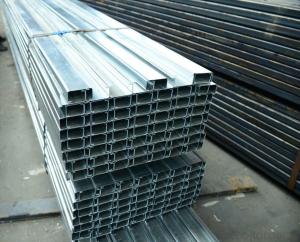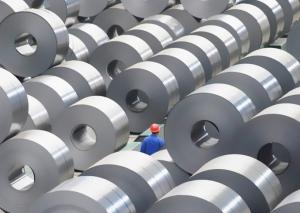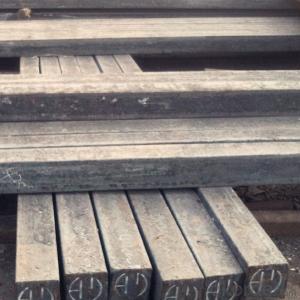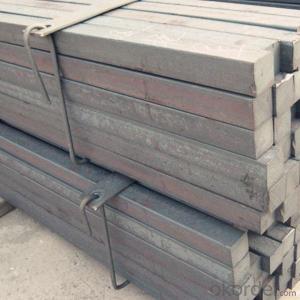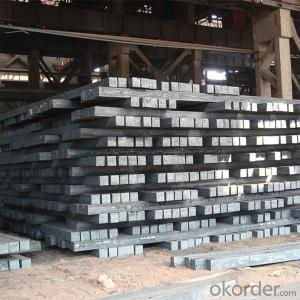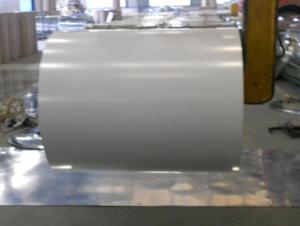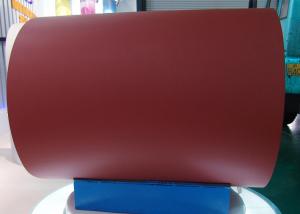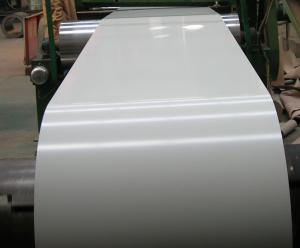Cold Rolled C Channel with High Quality C140/C160
- Loading Port:
- China main port
- Payment Terms:
- TT OR LC
- Min Order Qty:
- 100 m.t
- Supply Capability:
- 15000 m.t/month
OKorder Service Pledge
OKorder Financial Service
You Might Also Like
Item specifice
Specifications of Cold Rolled C Channel with High Quality C140/C160:
1.Our Cold Rolled C Channel with High Quality C140/C160 has lots of advantages, just as followings:
a) At reasonable price and good quality.
b) To be convenient in construction and to save much time and labor.
c) The length of Cold Rolled C Channel can be manufactured according to customer’s requirements.
d) The Cold Rolled C Channel has strong mechanical strength.
e). The Cold Rolled C Channel possesses various kind of fittings, through which it is suitbal for many combinations.
The detailed sections of Cold Rolled C Channel with High Quality C140/C160 as per GB standard:
| Model | Section size | |||
| h(mm) | b(mm) | a(mm) | s(mm) | |
| C140 | 140 | 50 | 20 | 1.6-3.2 |
| C140 | 140 | 60 | 20 | 1.6-3.2 |
| C160 | 160 | 50 | 20 | 1.6-3.2 |
The mechanical property of MS Cold Rolled C Channel with High Quality C140/C160 according to Q235B:
Alloy No | Grade | Yielding Strength Point(Mpa) | |||
Thickness(mm) | |||||
≦16 | >16-40 | >40-60 | >60-100 | ||
≧ | |||||
Q235 | B | 235 | 225 | 215 | 205 |
Alloy No | Grade | Tensile Strength(Mpa) | Elongation After Fracture(%) | |||
Thickness(mm) | ||||||
≦16 | >16-40 | >40-60 | >60-100 | |||
≧ | ||||||
G235 | B | 375-500 | 26 | 25 | 24 | 23 |
FAQ:
Q1: Why buy Materials & Equipment from OKorder.com?
A1: All products offered by OKorder.com are carefully selected from China's most reliable manufacturing enterprises. Through its ISO certifications, OKorder.com adheres to the highest standards and a commitment to supply chain safety and customer satisfaction.
Q2: How do we guarantee the quality of our products?
A2: We have established an advanced quality management system which conducts strict quality tests at every step, from raw materials to the final product. At the same time, we provide extensive follow-up service assurances as required.
Q3: How soon can we receive the product after purchase?
A3: Within three days of placing an order, we will arrange production. The shipping date is dependent upon the quatity, how many sizes you want and the plan of production, but is typically 1 month to 2 months from the beginning of production.
Images of Cold Rolled C Channel with High Quality C140/C160:
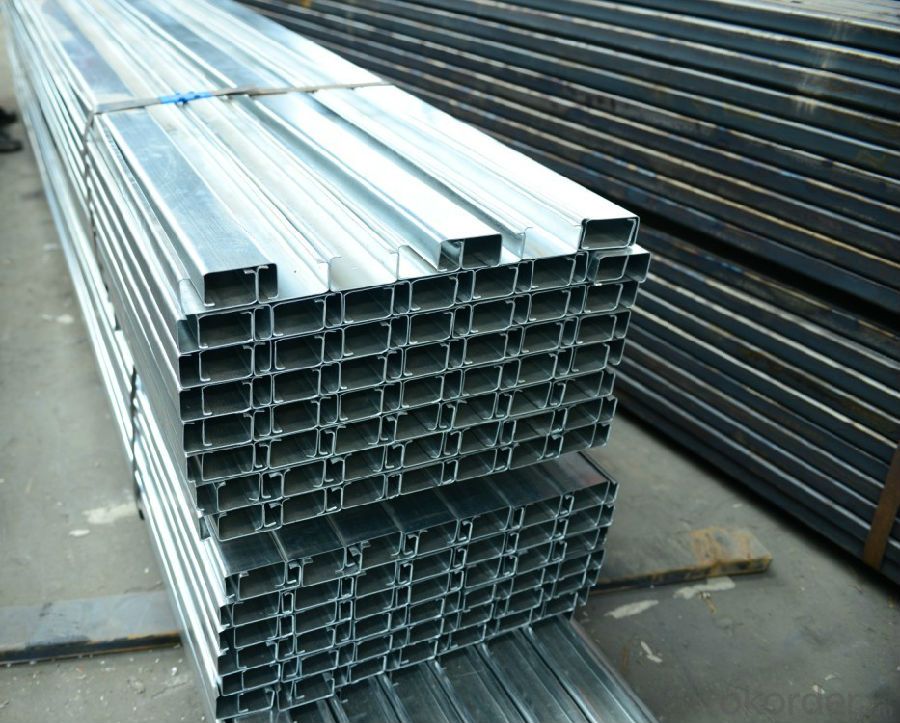
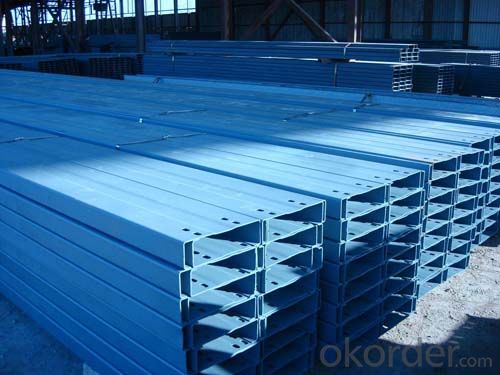
*If you would like to get our price, please inform us the size, standard/material and quantity. Thank you very much for your attention.
- Q:How are steel products used in the construction of libraries and educational centers?
- Steel products are commonly used in the construction of libraries and educational centers due to their durability, strength, and versatility. Steel is used for structural elements such as beams, columns, and frames, providing stability and support to the building. It is also used in the fabrication of stairs, railings, and mezzanines, enhancing the functionality and aesthetics of the space. Additionally, steel roofing and cladding systems are employed for their weather resistance and long lifespan, ensuring the longevity of these educational facilities.
- Q:How are steel sheets used in the manufacturing of solar panels?
- Steel sheets are used in the manufacturing of solar panels as a base material for the panel structure. They provide strength and durability to support the various components of the solar panel, such as the photovoltaic cells, glass cover, and electrical connections. The steel sheets also aid in protecting the internal components from external elements and provide a stable platform for installation.
- Q:What are the different types of steel beams and their applications?
- There are several different types of steel beams commonly used in construction and structural engineering. Some of the most common types include I-beams, H-beams, and S-beams. I-beams, also known as universal beams, have an "I" shape and are widely used for structural support in buildings, bridges, and other heavy construction projects. They are known for their high strength-to-weight ratio, making them ideal for carrying heavy loads over long spans. H-beams, or wide flange beams, have a wider flange and narrower web compared to I-beams. They are commonly used in residential and commercial construction, as well as in the manufacturing and automotive industries. H-beams are versatile and can withstand heavy loads and resist bending, making them suitable for applications that require extra strength. S-beams, also known as American Standard beams or S shapes, have a tapered flange and are commonly used in industrial and commercial construction projects. They are primarily used for support structures, such as columns and beams, and are known for their stability and durability. The choice of steel beam type depends on the specific requirements of the project, including load-bearing capacity, span length, and overall structural design. Consulting with a structural engineer is crucial to determine the appropriate type of steel beam for each application.
- Q:What are the applications of steel in the pharmaceutical industry?
- Steel is commonly used in the pharmaceutical industry for various applications. One significant application is in the manufacturing of equipment and machinery used for processing, packaging, and storing pharmaceutical products. Steel's durability, strength, and resistance to corrosion make it suitable for constructing tanks, vessels, mixers, and pipes that are necessary for pharmaceutical manufacturing processes. Additionally, steel is utilized in the construction of cleanrooms, where drugs are formulated and sterilized, due to its ability to maintain a controlled and sterile environment.
- Q:What are the applications of steel in the defense industry?
- Steel has a wide range of applications in the defense industry. It is used to manufacture armored vehicles, tanks, submarines, and aircraft carriers, providing them with essential strength, durability, and protection. Steel is also utilized in the construction of military bases, fortifications, and barriers, ensuring enhanced security and defense. Additionally, many weapons and ammunition are manufactured using steel components, which contribute to their reliability and effectiveness. Overall, steel plays a crucial role in providing the defense industry with the necessary materials for robust infrastructure, weapons systems, and protective gear.
- Q:How do steel products contribute to the agricultural and farming sector?
- Steel products play a crucial role in the agricultural and farming sector by providing durable and efficient equipment. From tractors and harvesters to storage silos and fencing, steel products offer strength and longevity, allowing farmers to increase productivity and yield. Additionally, steel structures such as barns and sheds provide essential shelter for livestock and equipment, ensuring their safety and well-being. Overall, steel products contribute to the modernization and efficiency of the agricultural industry, enabling farmers to meet the growing demands of food production.
- Q:What are the common uses of steel in everyday life?
- Steel is widely used in everyday life for various purposes. It is commonly used in construction to create sturdy buildings, bridges, and infrastructure. Steel is also used in the manufacturing of vehicles, such as cars, trucks, and bicycles, providing strength and durability. It is utilized in household appliances like refrigerators, stoves, and washing machines due to its heat resistance and longevity. Steel is also found in cutlery, tools, and machinery. Overall, steel's versatility and reliability make it an essential material in numerous aspects of our daily lives.
- Q:How are steel products used in the construction of airports and terminals?
- Steel products are commonly used in the construction of airports and terminals due to their strength, durability, and versatility. They are used to create structures such as hangars, terminal buildings, and control towers, as well as for supporting infrastructure like runways, bridges, and walkways. Steel is also used for manufacturing doors, windows, and security systems, ensuring the safety and functionality of these facilities. Additionally, steel is employed in the construction of luggage handling systems, escalators, and elevators, enhancing the efficiency and convenience of airports and terminals.
- Q:What are the different types of steel chains and their uses in lifting equipment?
- There are several types of steel chains used in lifting equipment, including alloy steel chains, carbon steel chains, and stainless steel chains. Alloy steel chains are known for their high strength and durability, making them suitable for heavy lifting applications. Carbon steel chains are commonly used for general lifting purposes due to their strength and affordability. Stainless steel chains are corrosion-resistant and ideal for lifting operations in corrosive environments or where cleanliness is crucial, such as in the food or pharmaceutical industries.
- Q:What are the different types of steel coatings for fire resistance?
- There are several types of steel coatings used for fire resistance, including intumescent coatings, cementitious coatings, and epoxy coatings. Intumescent coatings are designed to expand and form a protective barrier when exposed to high temperatures, providing insulation and delaying the spread of fire. Cementitious coatings are made of cement and other additives that provide fire resistance by forming a solid protective layer when exposed to heat. Epoxy coatings are primarily used for corrosion protection but can also provide some level of fire resistance due to their ability to prevent the spread of flames and heat transfer.
1. Manufacturer Overview |
|
|---|---|
| Location | |
| Year Established | |
| Annual Output Value | |
| Main Markets | |
| Company Certifications | |
2. Manufacturer Certificates |
|
|---|---|
| a) Certification Name | |
| Range | |
| Reference | |
| Validity Period | |
3. Manufacturer Capability |
|
|---|---|
| a)Trade Capacity | |
| Nearest Port | |
| Export Percentage | |
| No.of Employees in Trade Department | |
| Language Spoken: | |
| b)Factory Information | |
| Factory Size: | |
| No. of Production Lines | |
| Contract Manufacturing | |
| Product Price Range | |
Send your message to us
Cold Rolled C Channel with High Quality C140/C160
- Loading Port:
- China main port
- Payment Terms:
- TT OR LC
- Min Order Qty:
- 100 m.t
- Supply Capability:
- 15000 m.t/month
OKorder Service Pledge
OKorder Financial Service
Similar products
New products
Hot products
Hot Searches
Related keywords
